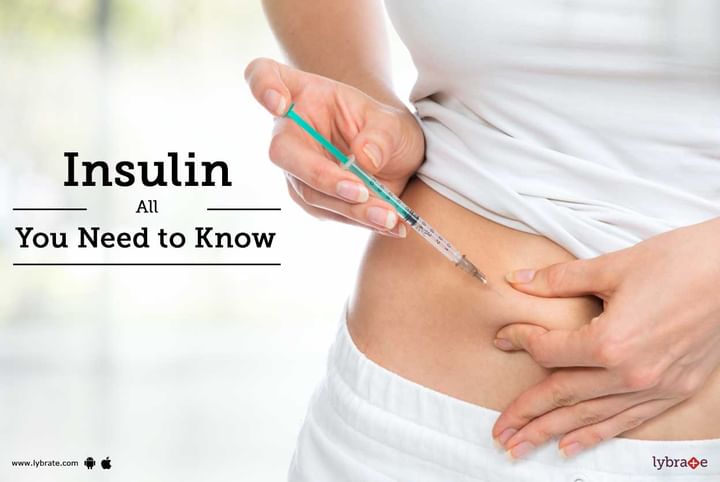Insulin - All You Need to Know
The first and the most important thing to be cleared is what exactly insulin is. Now we all are well accustomed with the fact that we get the energy to do what we do by eating the food we eat. So how exactly is all this energy generated? That is exactly what is going to be explained in the briefest way possible.
Most carbohydrates contain a type of sugar known as glucose. After we finish eating, the carbohydrates break down into smaller sugar molecules called glucose inside the digestive tract. Pancreas is a gland, which is located somewhere behind the stomach and is the source of all the endocrine functioning. This gland produces a hormone named Insulin. When the glucose molecules are released into our bloodstream, this insulin helps the cells throughout our body to soak up these simple sugar molecules and use them for providing the body with energy. Now that our base is clear, let’s move on to the importance of insulin in our body.
Why it is important?
Insulin helps our body to absorb glucose and provides the body with all the energy to do what it does. Another really important task that insulin does is balance the glucose levels in our blood. As soon as there is extra glucose in our blood-stream, insulin gives a signal in which the excess glucose is stored in the liver for future use, i.e, in situations when blood sugar drops and the body needs an extra energy boost.
Occurrence of diabetes
In a certain turn of events, when the body refuses to use the insulin properly or in worse cases, the body fails to produce enough insulin, diabetes mellitus occurs. Diabetes can be of two kinds:
-
Type 1 - In this case, the immune system destroys all the insulin producing cells, thereby, ceasing the production of insulin. As such, insulin injections are mandatory to maintain blood sugar levels.
-
Type 2 - In this case, the body does not respond well to the instructions of insulin and the sugar level in the body is not regulated. The body in turn produces a lot of insulin in a desperate attempt to improve blood sugar levels. The patients can turn the situation over by changing their food habits and lifestyle and taking certain medications.
For people taking insulin treatment, it is good to note that insulin can be of rapid acting type, short-acting type, long-acting type and intermediate-acting type. If you wish to discuss about any specific problem, you can consult a doctor and ask a free question.



+1.svg)
